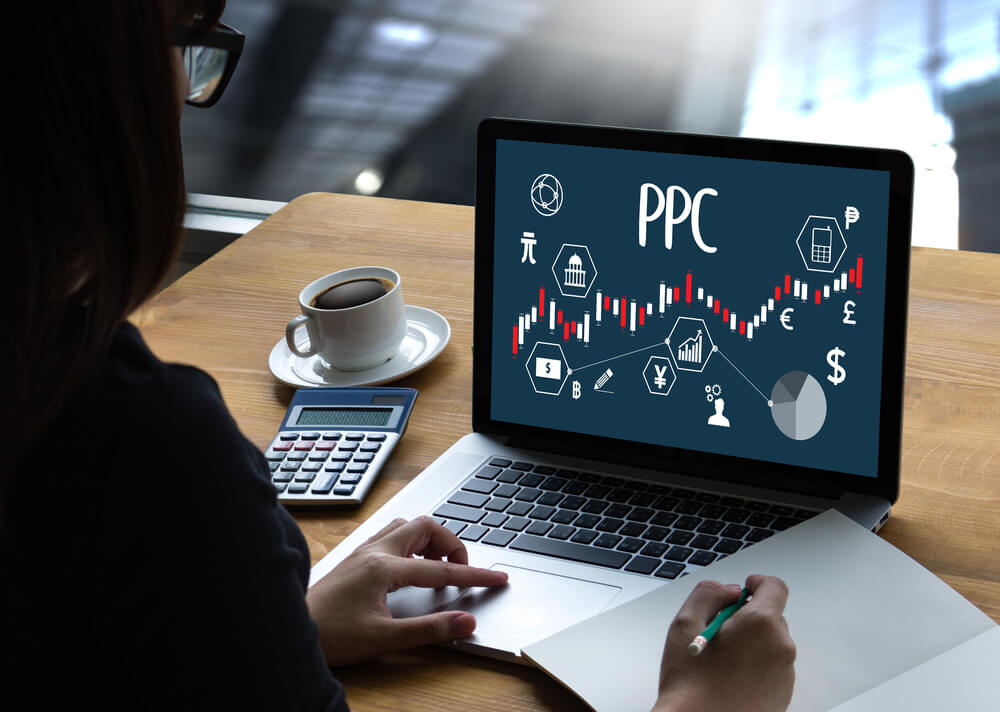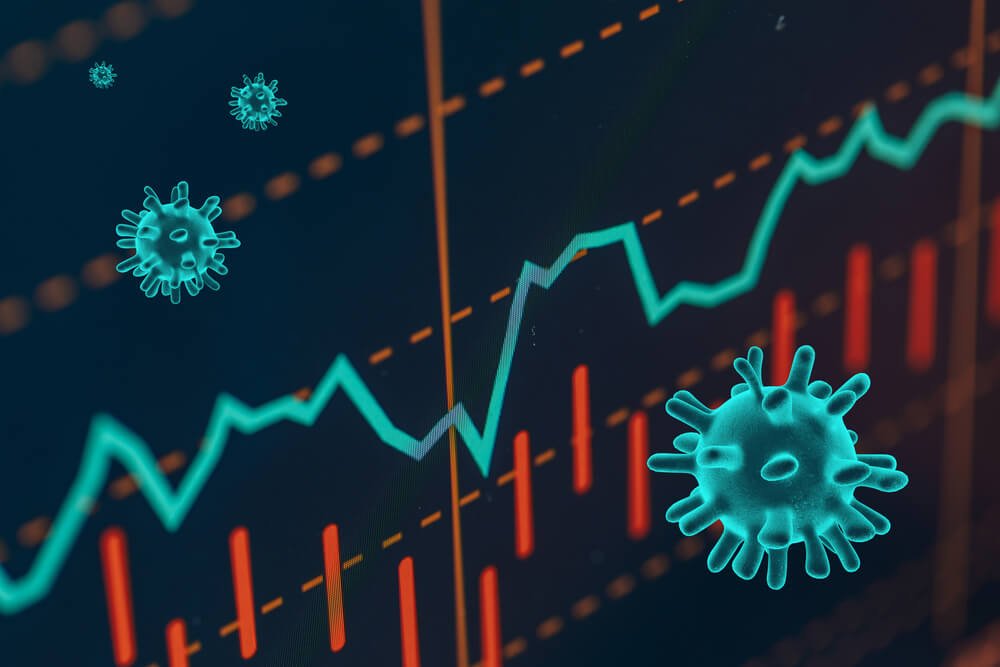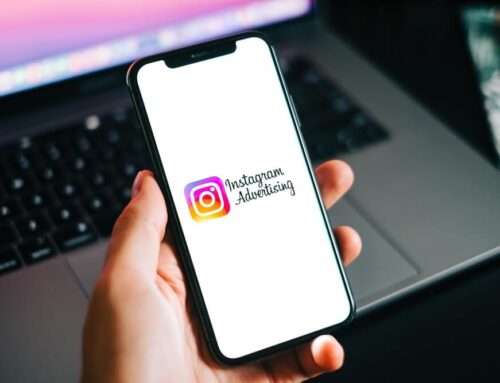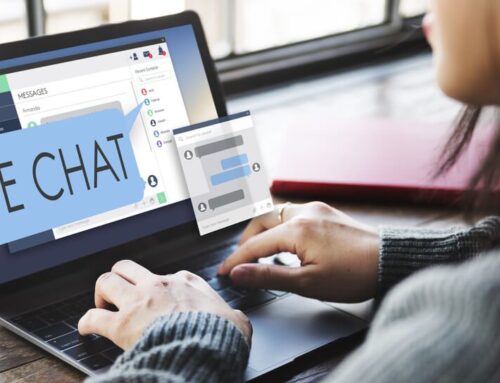As COVID-19 spreads across the U.S., its impact on the daily lives of citizens and companies alike has been changing dramatically by the day.
What we’ve found, overwhelmingly, is that there isn’t an all-purpose recommendation that will work for every single one of our clients. Social distancing and an economic downturn will impact each industry in completely different ways, so there can’t be a one-size-fits-all answer. We also know that things are changing daily, so the right answer today may be different than the right answer tomorrow.
Despite much uncertainty, we’ve been able to provide guidance to clients as they begin to reshape their strategies. Here are some of the ways we’re advising our clients to navigate the current climate.
Pay-Per-Click (PPC) and Paid Media
- As always, make data-driven decisions. We can make assumptions about how our customers will respond to this crisis, but we’ve also never been in this situation before. Look at your analytics often, paying close attention to the most recent 1–2 weeks to see how the numbers are changing, then dive further into your data to try and understand where those changes are stemming from.
- Find creative ways to take your business online and be proactive in getting the word out. If you normally do in-person consulting, find a tool that allows you to offer a seamless virtual meeting. If you typically depend on store visits for customers to see your products up close, amp up the use of video to showcase your products online. If your business is exclusively brick-and-mortar, consider options like e‑commerce, delivery, and virtual content. Once you’ve worked out a new online model, let people know via your PPC campaigns and social media.
- People have questions, so make it easy for them to find answers. Keep your branded search ads running so that people can easily find your site or phone number. Have you created a COVID-19 FAQ page? Add it as a site link to your search ads. By making answers easy to find now, you’re more likely to win a long-term customer once things are back to normal.
- Know how your competitors are responding to the crisis. By using tools like SEMRush and Auction Insights, you can get a good (although imperfect) sense of how your competition may be changing their PPC strategy. You may find that there are now gaps that you can leverage, meaning lower competition and lower CPCs. You may also find that your best bet will be to max out your advertising for a specific niche audience that isn’t being targeted by the competition.
- Above all, be sensitive. Don’t be the company that takes advantage of the situation to play into people’s fear in order to sell more. Be aware that, yes, life is still going on, but it’s not business as usual. Empathy will go a long way here, and by putting yourself in your audience’s shoes, you may be able to understand how best to continue reaching them with information and content they find valuable.

Search Engine Optimization (SEO)
- SEO is a long-term strategy. On-page optimizations, technical SEO, and link building all work together to yield results that you may not see take hold for a few weeks or months. We don’t know when life will get back to normal, but it will eventually, and if you can continue to work on long-term SEO initiatives, you should. That’s the ideal answer. The realistic answer is that resources may change during this crisis. A good agency partner can help you prioritize the initiatives that will have the biggest impact on your search visibility and customize your scope of work accordingly.
- If you’re having to pause your business or close locations, work closely with your agency to update your Google My Business profile, structured data markup, etc. Doing so correctly now will help a return to normalcy go as smoothly as possible.
- Because more people are staying at home, consider how user behavior may have changed and, if possible, adjust your strategy. For example, an e‑commerce site might be seeing traffic to product pages decrease, but traffic from queries relevant to the blog are still strong, making it a good time to research and post more informational content to your site.
- Utilize your agency to monitor top-ranking competitors. These sites may be intelligently adjusting their strategies in creative and unforeseen ways that might make sense to emulate.
- One possible silver lining you may find is that you now have more space and time to work on those important but not urgent projects that are somehow always being pushed to the backburner. Think building out site content, refreshing blog posts, systematic conversion rate optimization, and more.
- One question we’re helping clients answer right now is “Should we continue to push out content that isn’t related to COVID-19?” The answer is “probably”, but be mindful in promoting it. You may be adding in coronavirus-related content to your content calendar, and centering your promotion around that, but a lot of your “normal” content can still go up as well. Maybe the timeliness of your coronavirus content brings people to the site, but your evergreen content keeps them there.

Online Reputation Management (ORM)
- Anticipate how you would handle coronavirus-related press about your business if, for example, one of your employees or customers were to test positive. Make sure that you have a “crisis playbook” in place for how you would respond and which channels you would use to share your response.
- Pay close attention to your social monitoring tools. People are also asking a lot of questions like “Is X open?” or “Is X canceled?”. Being responsive and helpful will foster a positive reputation for your business.
- In the event that your brand becomes associated with COVID-19, and the search result sticks, know what options are available to help mitigate the negative impact of your new branded SERP. Biogen and its conference where the virus spread rapidly is a great example of COVID-19 taking over a brand’s story, and there are ORM solutions out there to help mitigate the negative impacts.
We can expect the coronavirus situation to evolve and have a heavy impact on our society and economy for months to come. Digital marketing can be incredibly agile, and we should be prepared to be nimble in our approach as well.
SOURCE: Go Fish Digital









